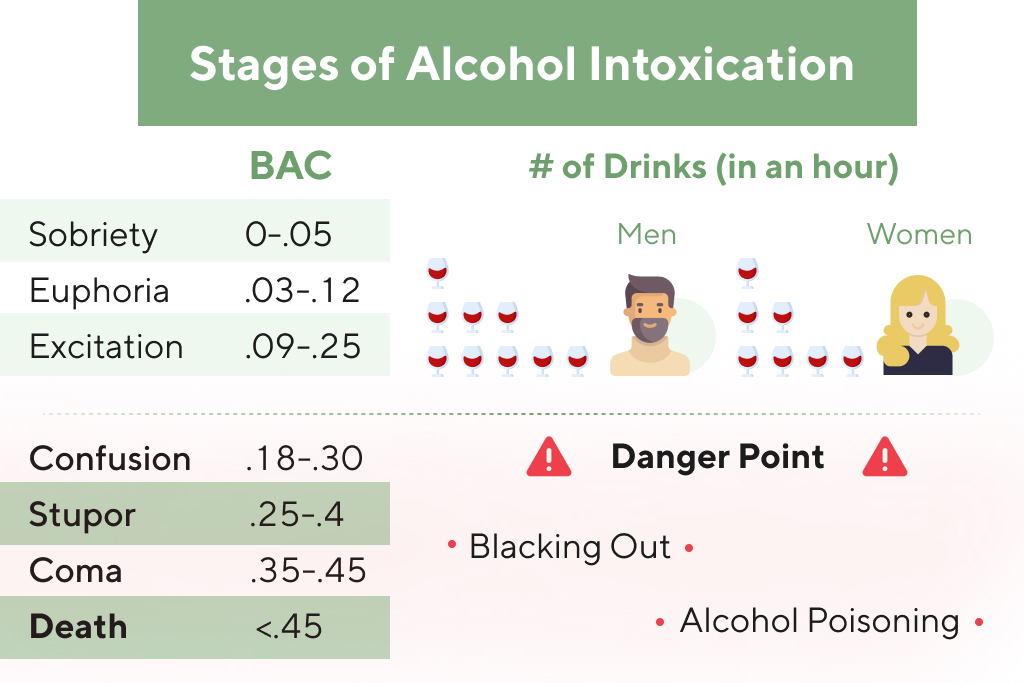Pin Up Aviator Rəsmi Pin Up Saytında Aviator Oynayın
17 octobre 2022Jakie Są Giełdy I Actually Grunzochse Przyjmują Zakłady Sportow
19 octobre 2022The Recovery Village Atlanta offers comprehensive addiction treatment for drug and alcohol addictions and co-occurring mental health conditions. With these things in mind, it’s important to weigh the pros and cons of tapering your alcohol use to make a fully informed decision. If your health, wellness, https://zlatschool34.ru/en/about-good-deeds-and-virtues/ and even life may be at risk, quitting alcohol should only be attempted with the help of a medical professional. If you are tapering off of alcohol, the time it takes depends entirely on how long the taper is and how well you adhere to it. One of the reasons that medical professionals tend to avoid tapers is that they can be difficult to follow and may be more likely to be unsuccessful than faster options. These include direct tapers, where you regularly decrease the amount of alcohol you consume, and substitution tapers, where you replace alcohol with another substance.
- Becoming more aware of your alcohol triggers and reasons for drinking can help you plan ways to help manage the urge to drink.
- Alcohol withdrawal symptoms range in severity depending on how extensive the misuse behavior was.
- When you quit drinking or wean off alcohol, your body will adjust to the lack of alcohol in your body.
IOP Programs in New Hampshire for Recovery
- By gradually tapering off alcohol, individuals may experience milder withdrawal symptoms and have a better chance of successfully transitioning to sobriety.
- As long as safety precautions are taken, there’s no wrong way to begin a sobriety or moderation journey.
- If you experience dangerous signs such as high blood pressure, racing heart, or arrhythmias, slow your taper and seek assistance.
- Alcohol withdrawal can cause many symptoms, some of which can be fatal.
- Discover how Levittown drug treatment is right around the corner, offering hope and support for recovery.
Some of these remedies can be useful during withdrawal itself, and some are more helpful as you cope with cravings. Treatment for alcohol withdrawal involves a combination of nonpharmacological approaches and pharmacotherapy. Nonpharmacological approaches, such as supportive counseling, education, and creating a safe environment, are suitable for individuals with mild symptoms. Pharmacotherapy, particularly benzodiazepines, is recommended for those with more severe symptoms.

Why Do You Experience Withdrawal Symptoms?
Usually, alcohol withdrawal symptoms occur within 12–24 hours after stopping alcohol https://pskberezka.ru/en/cvety/vanka-mokryj-nauchnoe-nazvanie.html and can last 2–10 days. Choosing to taper off alcohol is an admirable decision and a step in the right direction. As with many self-detox methods, the risks and rewards go hand in hand when attempting to overcome an alcohol substance use disorder.
- For most people, alcohol withdrawal symptoms will begin to subside after 72 hours.
- Figuring out where to start your alcohol taper schedule can be challenging.
- To avoid or reduce the impact of the withdrawal symptoms, people struggling with alcohol may choose to progressively taper off alcohol rather than quit abruptly.
- Discover how long depression lasts after quitting alcohol and find effective strategies for recovery.
- By adopting a gradual reduction approach, individuals can minimize the risk of experiencing severe withdrawal symptoms and increase their chances of sustaining long-term change.
- By avoiding alcohol, you’re taking a big step toward improving physical health.
Top Techniques in IOP Treatment

If you do relapse, talk to your therapist or addiction treatment specialist who can help you quickly get back on track and prevent it from happening again. In fact, a relapse can be a valuable https://dietacheto.eu/tag/benefici/ learning experience that helps you avoid slipping in the future. A relapse can serve as an opportunity for you to refocus on your larger goals, practice self-forgiveness, and find ways to stay motivated. Identify specific situations, emotions, environments, and people that motivate your drinking.
